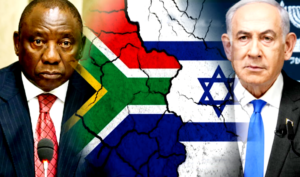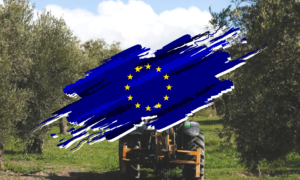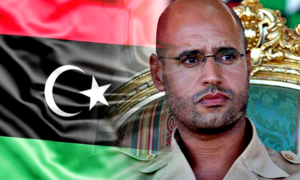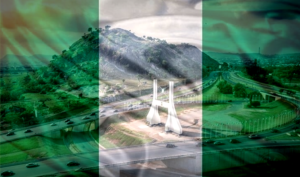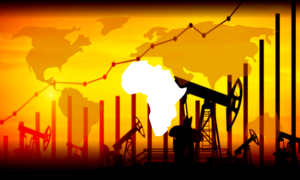A Recognition of the State of Palestine by UK, Canada and Australia, amid emerging Global Alignments
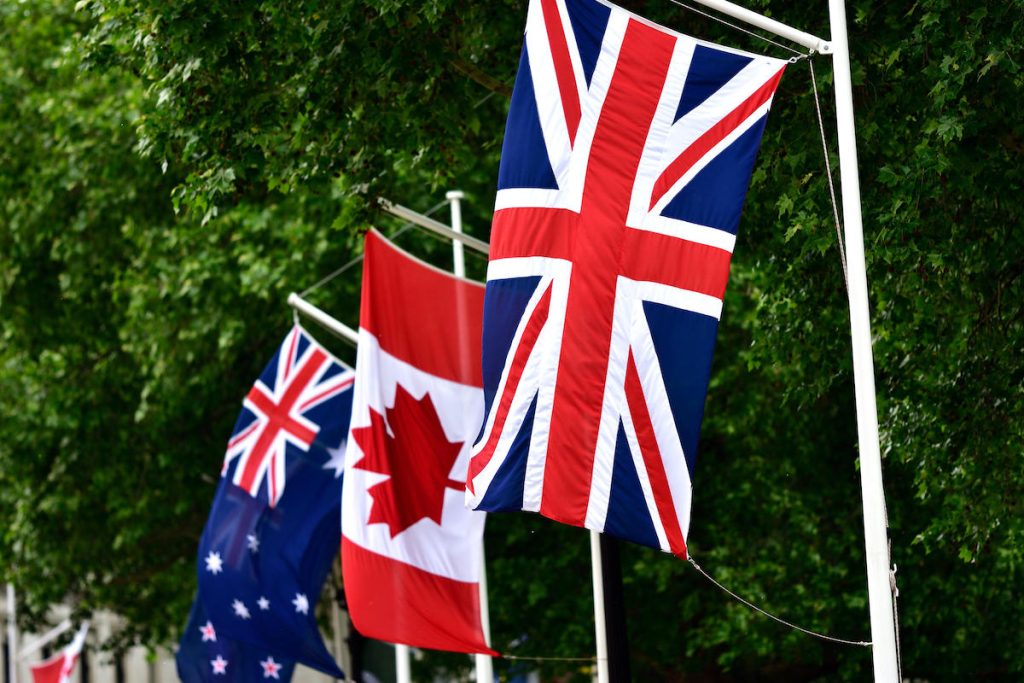
TR7M4M London, England, UK. Commonwealth flags in Horse Guards Road ready for the Trooping of the Colour. Australia; Canada; Union flag
The United Kingdom, Canada, and Australia have formally recognized the state of Palestine, signalling a significant re-evaluation in international diplomacy as other Israeli allies weigh similar decisions. The move reflects mounting pressure on Israel’s government and a growing global consensus that the preservation of a Palestinian homeland remains essential to long-term regional stability.
![]()
Economic frameworks underpinning the recognition are particularly consequential. Analysts suggest that acknowledgment of Palestinian statehood could unlock new channels for international aid, trade agreements, and development funding—resources vital for rebuilding Gaza’s shattered infrastructure and creating employment in the West Bank. Conversely, Israel faces potential economic isolation, with recognition raising the risk of reduced foreign investment and trade friction with countries backing Palestinian sovereignty.
The ripple effects extend beyond economics. Families across the region continue to face profound displacement, loss of livelihoods, and psychological trauma as conflict persists. Recognition is viewed by many as a symbolic affirmation of Palestinian cultural identity, which has been under threat amid territorial disputes and military campaigns. Human rights advocates frame the decision as a corrective to decades of statelessness, while critics argue it may embolden militant factions and complicate peace talks.
Businesses in the region remain cautious. Multinational corporations are assessing political risk more carefully, with some considering a shift in supply chains or investment strategies to navigate the uncertainty. For governments in London, Ottawa, and Canberra, the decision carries domestic political weight: it responds to mounting public demands for ethical foreign policy while testing relations with Washington and other Western partners reluctant to move in lockstep.
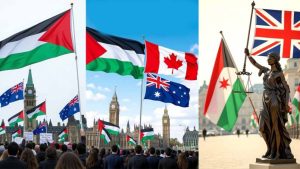
The broader implications are geopolitical. By recognizing Palestine, these states signal willingness to challenge Israeli policy and reinforce multilateral frameworks such as the UN’s two-state solution agenda. If other allies follow suit, Israel could find itself more diplomatically constrained, facing stronger calls to re-engage in negotiations.
At the social level, the recognition is already shaping narratives. To countless Palestinians, it represents validation of their national struggle, while for Israelis, it intensify concerns about isolation. Across the Middle East the shift may embolden regional players from the Arab League to the emerging Gulf alliances, towards pressing harder for a settlement that balances security with statehood.
The recognition of Palestine by these three influential allies is not merely a diplomatic gesture but a reassessment of global power dynamics with wide-reaching consequences for economics, politics and human lives.


